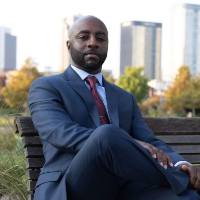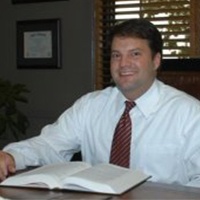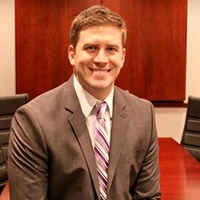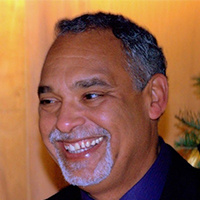Sayre Misdemeanor Lawyer, Alabama
Sponsored Law Firm
-
 x
x

Click For More Info:
-
Joshua Paul Jones, Attorney at Law, LLC
One Perimeter Park South Suite 100N Birmingham, AL 35243» view mapCriminal Defense, DUI-DWI, Felony, Misdemeanor Serving the Best Interests Of Our Clients
You need an attorney with criminal defense knowledge who will vigorously protect your rights and interests.
800-261-8940
Not enough matches for Sayre Misdemeanor lawyer.
Below are all Sayre Criminal lawyers.
Derek Simms
✓ VERIFIEDSimms & Associates is widely regarded as one of the top personal injury law firms in the State of Alabama. The firm was founded in 1999 by lead attorn... (more)
Gary Richardson Jr.
✓ VERIFIEDAttorney Gary Richardson, Jr. is a native of Birmingham, AL. He received his bachelor’s degree in English from Stillman College. Gary earned an Arm... (more)
Jason Alexander Stoves
✓ VERIFIEDGeneral Practice Law Firm practicing in the areas of Business Services, Civil Litigation, Immigration, Personal Injury, Criminal Defense, and Probate.... (more)
Jay Tidwell
✓ VERIFIEDJay Tidwell is committed to excellence in his practice and service to his clients. He practices in all state district and circuit courts and federal c... (more)
Joshua Paul Jones
✓ VERIFIEDJoshua Paul Jones is a knowledgeable trial attorney with over seven years of courtroom experience. Mr. Jones started his own law firm in 2011 after pr... (more)
Julian Mardel Hendrix
✓ VERIFIEDJulian Hendrix is a practicing lawyer in the state of Alabama. Attorney Hendrix received his J.D. from the Birmingham School of Law.
Louis James Willie
✓ VERIFIEDLouis James Willie III is an attorney, consultant, and former TV producer. Willie is the son of former Booker T. Washington Insurance Company execu... (more)
Michael Paul Russ
✓ VERIFIEDMichael Russ is a practicing lawyer in the state of Alabama. Attorney Russ received his J.D. from the Birmingham School of Law in 2017. The Premier... (more)
 Joshua Jones Birmingham, AL
Joshua Jones Birmingham, AL AboutJoshua Paul Jones, Attorney at Law, LLC
AboutJoshua Paul Jones, Attorney at Law, LLC Practice AreasExpertise
Practice AreasExpertise









